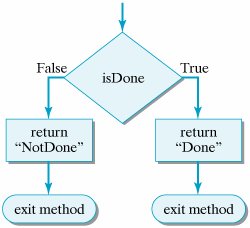Solutions to Self-Study Exercises
|
EAN: 2147483647
Pages: 275
- Using SQL Data Definition Language (DDL) to Create Data Tables and Other Database Objects
- Using SQL Data Manipulation Language (DML) to Insert and Manipulate Data Within SQL Tables
- Understanding SQL Transactions and Transaction Logs
- Creating Indexes for Fast Data Retrieval
- Monitoring and Enhancing MS-SQL Server Performance
